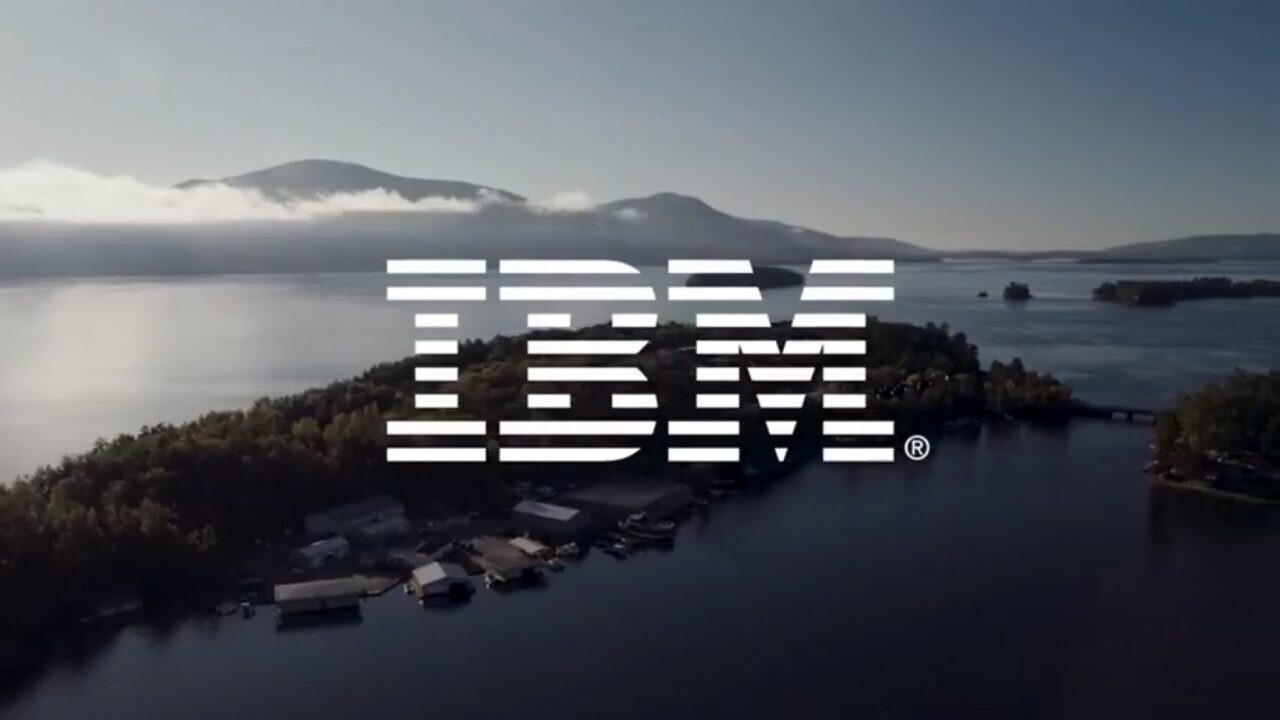
IBM today announced a new machine-learning, end-to-end pipeline starter kit for its Cloud Native Toolkit.
The big idea here is that wrangling the myriad open-source and enterprise ML and AI platforms and solutions into production can be a challenging prospect.
Per IBM’s developer blog:
Moving an application from a Jupyter notebook to a production environment requires numerous components to work together. These components cover a wide range of tasks that developers and administrators have to manage.
Developers can spend their time building, training, and deploying models or they can spend all day formatting and wrenching a pipeline together.
IBM’s new machine-learning, end-to-end pipeline starter kit streamlines the entire process and gives devs everything they need to deploy solutions, including the tutorials and open-source support tools necessary.
Christopher Ferris, CTO, Open Tech at IBM told Neural:
The Cloud Native Toolkit has a set of proven opinionated frameworks that are commonly used in the industry. It uses best-of-breed open source tools out of a wide range of options available in the market. They are strong, secure, supported by open governance, so we feel comfortable using them in our toolkit and recommending them to other people to use.
Why go with this approach?
Ferris says:
It saves time for developers and lets them focus on solving the actual problem rather than thinking about the infrastructure around it (like CI/CD) as it provisions a particular set of tools fit for the environment.
The new toolkits are available on IBM’s developer site. And step-by-step instructions on getting started can be found at the end of this IBM blog post.
Get the TNW newsletter
Get the most important tech news in your inbox each week.




